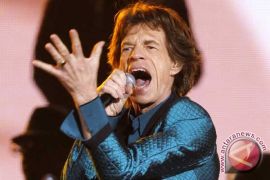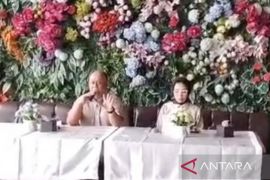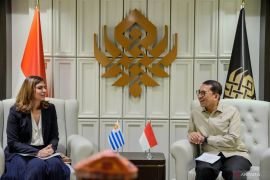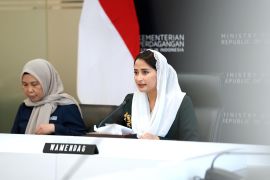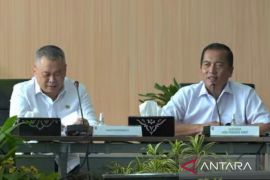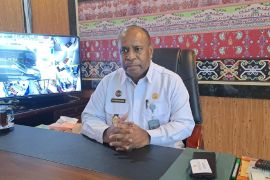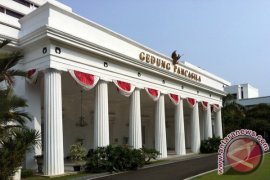Pollster Ipsos showed Humala with 51.5 percent of the vote and Fujimori with 48.5 percent after counting a sample of 90 percent of ballots from voting precincts.
With a presidential runoff in full swing on Sunday across Peru, millions of people in the South American country did not go to the polls without harboring the hope for the new president to bring about prosperity and reduce poverty.
The election, however, was marked by harsh personal attacks and two opposite political visions that threatens to divide the country with a population of some 30 million people.
Polls have for weeks showed that voters are divided between retired military commander Ollanta Humala and Keiko Fujimori, the daughter of Peru`s imprisoned former President Alberto Fujimori, and that Peruvians are equally concerned about the future of their country if their candidate doesn`t win.
But they all share the hope that Peru`s new president will be able to ensure that the benefits of Peru`s recent years of strong economic growth will reach all Peruvians and the candidate who will replace incumbent Alan Garcia as president on July 28 will bring real social improvements to the country.
"The problem is that Alan Garcia has not done much for the 48 percent of the people who didn`t vote for him and to most of them the economic miracle of Peru hasn`t brought them any more prosperity," said Martin Montauban, a local businessman in Lima`s posh Miramontes district.
During the 2006-2011 presidency of Alan Garcia, an estimated 3 million people in Peru have moved out of poverty and the poverty rate has been reduced to about 34 percent, according to official figures. But about 10 million Peruvians still live in poverty on less than 1 to 2 U.S. dollars per day. (Uu.SYS/C/C003/C/C003) (*)
Editor: Ella Syafputri
Copyright © ANTARA 2011


